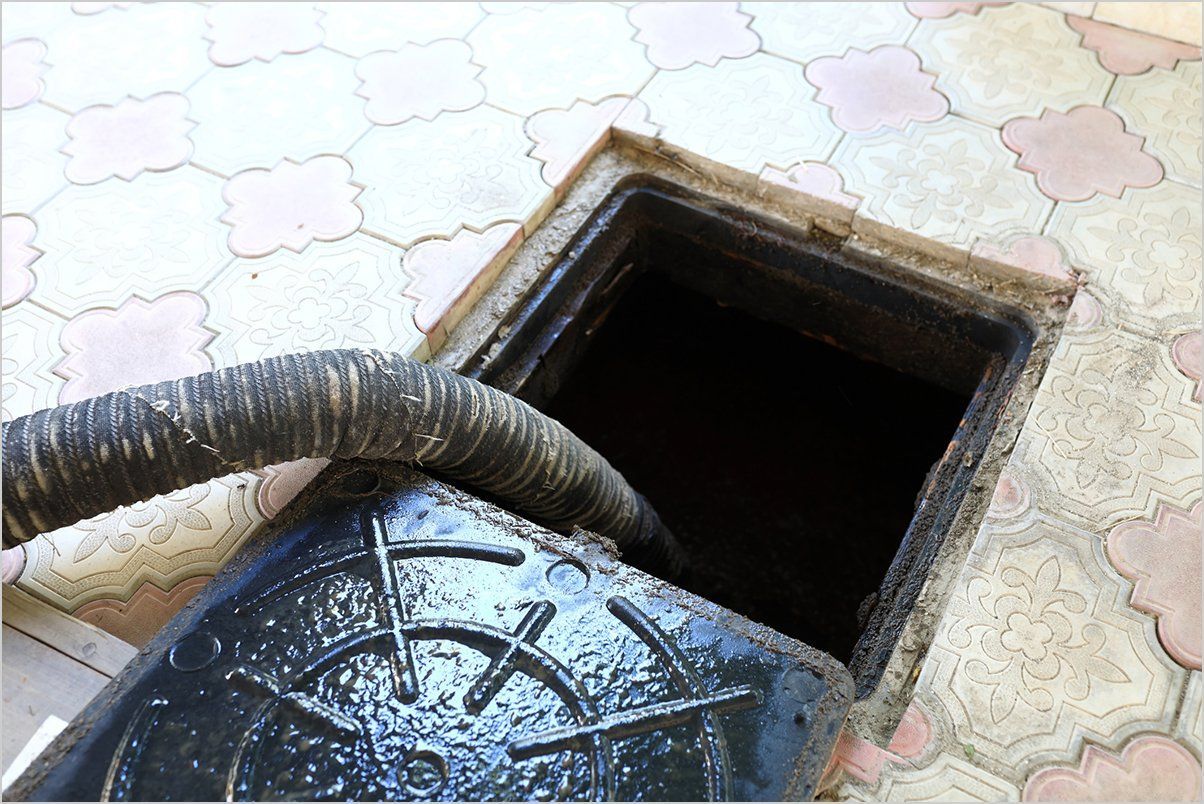
Septic systems offer homeowners in areas without a municipal sewer system a safe way to process waste. If you have a septic system, you probably know that there are many things you shouldn't flush down your drains. Kitty litter, dental floss, and cleaning products with antibacterial properties can all damage your septic system over time.
When it comes to paper products, homeowners typically view these items as safe to dispose of in a septic system. The truth of the matter is that many paper products (even those which claim to be flushable) can create clogs within your plumbing or the baffles in your septic tank.
You can avoid the perils of paper products within your septic system by preventing common clog-created items from going down your drains.
Choose the Right Toilet Paper
The type of toilet paper you use in your home can have a direct impact on the performance of your septic system. Toilet paper is treated as a solid within your septic tank. All solids in the tank sink to the bottom, where they contribute to the development of a layer of sludge.
Although the helpful bacteria within your septic tank can reduce sludge over time, you still need to have your tank pumped at regular intervals to prevent the sludge layer from becoming too thick.
A toilet paper that breaks down into small pieces quickly will take up less room within your tank. This can easily extend the amount of time you go between pump-outs and prevent large chunks of toilet paper from clogging up your septic system.
Avoid multi-ply toilet papers and plush toilet papers, as these tend to take a long time to break down within your septic tank. Look for toilet paper labelled as "septic-safe" or "recycled" instead.
Septic-safe toilet paper has been tested and proven to dissolve quickly. Recycled toilet paper contains fewer chemicals and bleach that might harm the bacteria within your septic tank, and they feature short fibers that break apart easily so that you can avoid potential clogs.
Don't Flush Facial Tissues
Many people view facial tissues as being in the same category as toilet paper. After all, they are both paper products. Unfortunately, flushing facial tissue into your septic system could put your system at risk.
The problem lies in the fact that facial tissues are not designed to dissolve when coming into contact with water like toilet paper products are. In fact, facial tissue is designed to be strong enough to resist tearing or falling apart when faced with the moisture and pressure created when you blow your nose.
Facial tissues can become trapped within your drainage pipes because they don't begin to dissolve when tossed into your toilet. The trapped tissue can catch other items moving through your drain pipes and form a clog that completely blocks the path of waste and wastewater moving through your septic system.
If the facial tissues find their way into your septic tank, they can wreak havoc on the separation of solid and liquid waste. You may discover that solid waste is being pushed into your drainfield or that the baffles in your septic tank are not functioning properly when too much facial tissue is flushed down your drains.
Paper problems can put your septic system out of commission and create the need for costly repairs. It's important that you exercise caution when it comes to flushing any type of paper product down your drains. Stick to septic-safe or recycled toilet paper only, and toss everything else into a trash can.
In the event that you have flushed perilous papers into your septic system,
contact Upstate Septic Tank, LLC, to help eliminate paper problems and restore the function and efficiency of your septic system.






